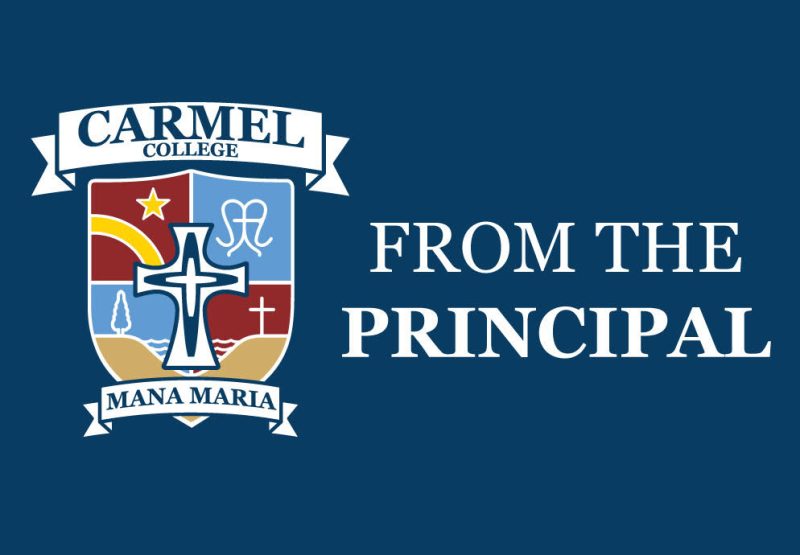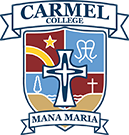Tena koutou katoa. Nga mihi atawhai nui.
‘I can change the world’ – a declaration emblazoned on 3 year old Sophia’s T-shirt. And why wouldn’t I believe it? This assertion is the unflinching confidence of the young; a wee tot who has yet to experience any hints of self-doubt. This is the next, next generation. What wondrous inventions, cures, and scientific break-throughs will they discover?
And she is already experiencing success in her endeavours. A few days prior, she had been struggling to complete a fairly tricky task, involving a just-emptied rat trap, a piece of wire and the door to said trap needing to be secured. She refused all offers of assistance as she figured it out. When she had successfully completed the task, she summed up her efforts with the statement: ‘I’m so proud of me!’
Here’s my thought: where does so much of this self-confidence and self-belief vanish to between being a toddler and a teenager? Is there some super-confidence cloud, sitting up there in the ether, where all of this self-assurance has been sucked out of our youngsters?
As Jason Beech, a senior lecturer in education policy in the Faculty of Education at Monash University, says, some of these questions might be answered by how we view education. In Beech’s article, Link to full article, he highlights the debate between two influential organisations, UNESCO and the Organisation for Economic Cooperation and Development (OECD) about the nature of education.
The OECD introduced the Programme for International Student Assessment (PISA) in 2000 and this assessment for how ready students might be to enter the workplace economy has shaped global education policy since its inception. On the other hand, UNESCO proposes that ‘education should promote change on the basis of agreed common values’ that are less focused on the market economy and ‘more on concepts such as respect for life, social justice and shared responsibility for a common future’.
‘These debates highlight how education is more than just teaching and learning. Education has the ability to shape the future and our approaches to challenges such as climate change, growing inequalities and the pandemic. Whether young people face such challenges collectively or individually, in competition or through collaboration, will be influenced by how the world regards education’.
I want an education for our students where we foster that sense of self belief and that, in these formative years, we equip them with the skills and confidence to ‘challenge and shape the future.’

